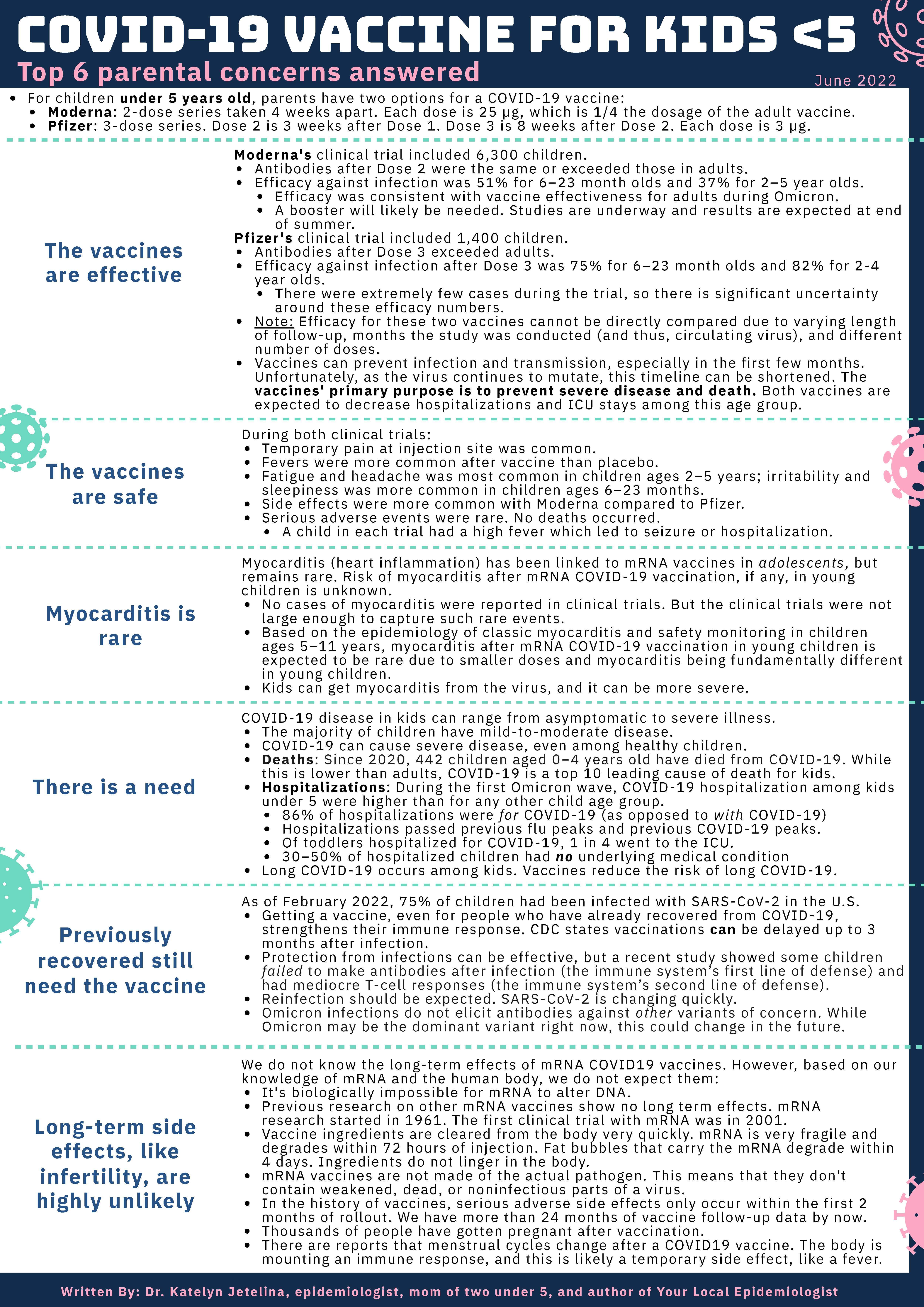copy deeplink Patient Discharge Medical and Behavioral Health
Patient Discharge Medical and Behavioral HealthTo delineate the acceptable and unacceptable personal uses of resources.
To provide for a consistent method of telephone medical management by the Registered Nurse.
- Telephone Triage Protocol2.doc (25 KB)
A Spanish translation of the 1-page sample social history form.
- HistoriaSocial.doc (35 KB)
copy deeplink Oral Health Care during Pregnancy and Early Childhood Practice Guidelines
Oral Health Care during Pregnancy and Early Childhood Practice Guidelines- OralHealthPracticeGuidelines.pdf (1.92 MB)
- qualassurance_chartreview.pdf (150.76 KB)
- CQIPlan1.pdf (315.11 KB)
Hidden Harvest is a nonprofit organization that gleans or rescues produce from Coachella Valley fields and packing houses. After harvest is complete, local farmers leave millions of dollars worth of first-rate produce behind in the fields due to market fluctuations and other factors.
Hidden Harvest takes advantage of this bounty and delivers the healthy produce free-of-charge to agencies that serve the hungry and needy
Hidden Harvest's mission is twofold - 1) to hire low income farmworkers at $10 per hour (above prevailing wage) to 2) to"rescue" or glean fresh, healthy and locally grown food from farmers' fields and area packing houses to feed the poor and hungry.
- servicesbrochure_3.doc (681.5 KB)
copy deeplink Delineation of Privileges in Ambulatory Care
Delineation of Privileges in Ambulatory Care- 45_DelienationofPrivilegesinAmbulatoryCare.pdf (215.72 KB)
- SampleIndividualEncounterReport.pdf (104.93 KB)
- SentinelEventPolicy2.doc (95 KB)
Patient education handout in English and Spanish on colorectal cancer from the American Cancer Society.
- ColorectalCancerEnglish_0.pdf (358.53 KB)
- ColorectalCancerSpanish_0.pdf (185.35 KB)
copy deeplink Cancer statistics for Hispanics/Latinos, 2012
Cancer statistics for Hispanics/Latinos, 2012Cancer statistics for Hispanics/Latinos, 2012 by Rebecca Siegel MPH, Deepa Naishadham MA, MS, Ahmedin Jemal DVM, PhD
Article first published online: 17 SEP 2012
Abstract
Hispanics/Latinos are the largest and fastest growing major demographic group in the United States, accounting for 16.3% (50.5 million/310 million) of the US population in 2010. In this article, the American Cancer Society updates a previous report on cancer statistics for Hispanics using incidence data from the National Cancer Institute, the Centers for Disease Control and Prevention, and the North American Association of Central Cancer Registries and mortality data from the National Center for Health Statistics. In 2012, an estimated 112,800 new cases of cancer will be diagnosed and 33,200 cancer deaths will occur among Hispanics. In 2009, the most recent year for which actual data are available, cancer surpassed heart disease as the leading cause of death among Hispanics. Among US Hispanics during the past 10 years of available data (2000-2009), cancer incidence rates declined by 1.7% per year among men and 0.3% per year among women, while cancer death rates declined by 2.3% per year in men and 1.4% per year in women. Hispanics have lower incidence and death rates than non-Hispanic whites for all cancers combined and for the 4 most common cancers (breast, prostate, lung and bronchus, and colorectum). However, Hispanics have higher incidence and mortality rates for cancers of the stomach, liver, uterine cervix, and gallbladder, reflecting greater exposure to cancer-causing infectious agents, lower rates of screening for cervical cancer, differences in lifestyle and dietary patterns, and possibly genetic factors. Strategies for reducing cancer risk among Hispanics include increasing utilization of screening and available vaccines, as well as implementing effective interventions to reduce obesity, alcohol consumption, and tobacco use. CA Cancer J Clin 2012;. © 2012 American Cancer Society.
copy deeplink Open Access Lecture Series on Immigrant and Refugee Health
Open Access Lecture Series on Immigrant and Refugee HealthUniversity of Minnesota's Global Health training program is offering free short courses on immigrant and refugee health.
A tool for frontdesk staff to use to keep track of the number of phone calls for appointments, patients presenting to the clinic without appointments, patients referred from other providers, and patient "no shows".
- DemandTrackingForm.xls (16 KB)
copy deeplink The American College of Obstetricians and Gynecologists. Committee Opinion: Exposure to Toxic Environmental Agents
The American College of Obstetricians and Gynecologists. Committee Opinion: Exposure to Toxic Environmental AgentsReducing exposure to toxic environmental agents is a critical area of intervention for obstetricians, gynecologists, and other reproductive health care professionals. The evidence that links exposure to toxic environmental agents and adverse reproductive and developmental health outcomes is sufficiently robust, and the American College of Ostetricicans and Gynecologists and the American Society for Reproductive Medicine join leading scientists and other clinical practitioners in calling for timely action to identify and reduce exposure to toxic envrionmental agents while addressing the consequences of such exposure.
- ACOG UCSF2013.pdf (378.64 KB)
copy deeplink 2011 Year In Review | Migrant Clinicians Network
2011 Year In Review | Migrant Clinicians Network2-page highlight of MCN's services and programs in action during 2011 available in English and Spanish.
MCN's Year in Review 2011 is also available as the Prezi interactive presentation.
The mission of Breast Cancer Network of Strength is to ensure, through information, empowerment and peer support, that no one faces breast cancer alone. Support programs, outreach programs, breast health workshops, wigs and prostheses banks for women with limited resources. 1-800-221-2141 (interpreters in 150 languages). (Formerly known as Y-ME National Breast Cancer Organization)
http://www.informaworld.com/smpp/title~db=all~content=g924790533
The Journal of Agromedicine published this FREE special issue (Volume 15, Issue 3) that presents papers based upon the research and safety strategies presented at the "Be Safe, Be Profitable: Protecting Workers in Agriculture" conference held in January 2010 in Dallas, Texas. The conference was a joint meeting of the Agricultural Safety and Health Council of America (ASCHA) and the National Institute for Occupational Safety and Health (NIOSH). "It is our hope that this collection of editorials, panel presentations, plenary talks, and poster abstracts stimulates a new order of translational research, leading to effective research partnerships and improved health and safety outcomes," states Editor-in-Chief Steven Kirkhorn.
Do not miss the opportunity to read the results from this groundbreaking agricultural safety and health conference!
An April 2012 article from the Arizona Republic citing poll data on attitudes toward immigration in the state.
A comic book produced by the PACE Project. You can also order these for $10 from the Department of Family and Community Medicine, Wake Forest University School of Medicine, Medical Center Boulevard, Winston-Salem, NC 27157-1084.
- elterror.pdf (816.65 KB)
copy deeplink 2016 Year In Review | Migrant Clinicians Network
2016 Year In Review | Migrant Clinicians NetworkHighlights of MCN's services and programs in action during 2016! Available in English and Spanish.
- YIR 2016-Eng_0.pdf (593.11 KB)
- YIR 2016-Esp_0.pdf (589.21 KB)
copy deeplink Staff Orientation to the use of Health Information Technology (HIT) to achieve the Triple Aim
Staff Orientation to the use of Health Information Technology (HIT) to achieve the Triple Aim"HITEQ developed a series of eLearning modules for new staff that focus on Health IT and the Triple Aim, but provide a good deal of health center context as well:"
- Staff Orientation to the use of Health Information Technology (HIT) to achieve the Triple Aim - Part I
- Staff Orientation to the use of Health Information Technology (HIT) to achieve the Triple Aim - Part II
- Staff Orientation to the use of Health Information Technology (HIT) to achieve the Triple Aim - Part III
- https://hiteqcenter.org/Resources/HITEQ-Resources/staff-orientation-to-the-use-of-health-information-technology-hit-to-achieve-the-triple-aim-part-i-2
- https://hiteqcenter.org/Resources/HITEQ-Resources/staff-orientation-to-the-use-of-health-information-technology-hit-to-achieve-the-triple-aim-part-ii-3
- https://hiteqcenter.org/Resources/HITEQ-Resources/staff-orientation-to-the-use-of-health-information-technology-hit-to-achieve-the-triple-aim-part-iii-3
copy deeplink MCN Presentations on Misinformation and Disinformation - with presenter notes
MCN Presentations on Misinformation and Disinformation - with presenter notes
Below clinicians can find Powerpoint Presentations about misinformation and disinformation which they can present to fellow clinicians, patients, and their community.


